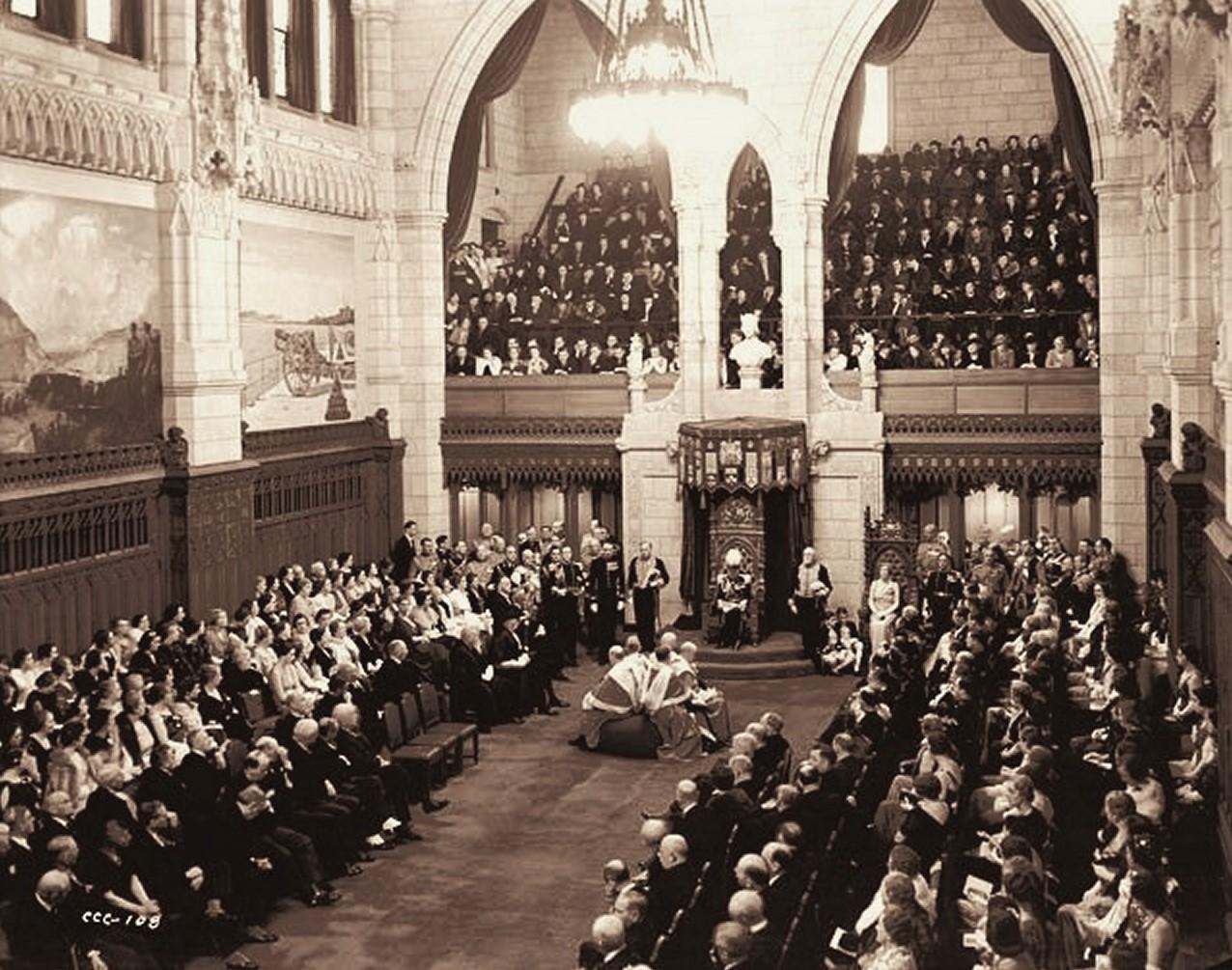Friday 29th November – The Old Library, All Souls College
08:45-09:00 Welcome & opening remarks - Professor Timothy Endicott (University of Oxford)
09:00-10:50 Session 1: East Africa, Southern Africa, West Africa
Dr Daisy Ogembo (University of Birmingham)
Professor Hugh Corder (University of Cape Town)
Dr Maame Mensa-Bonsu (Ashesi University)
Chaired by Dominic Burbidge (University of Oxford)
10:50-11:20 Coffee break – Wharton Room
11:20-13:10 Session 2: The Caribbean
Professor Cynthia Barrow-Giles (University of the West Indies)
Dr Derek O’Brien (Oxford Brookes University)
Dr Kate Quinn (University College London)
Chaired by Dr Charlotte Smith (National Archives)
13:10-14:00 Sandwich lunch for all participants – Wharton Room
14:00-16:00 Session 3: Canada, Australia, New Zealand
Professor Philippe Lagassé (Carleton University)
Dr Benjamin Spagnolo (University of Cambridge)
Dr Mark Hickford (Thorndon Chambers, Wellington)
Chaired by Professor Annalise Acorn (University of Alberta)
16:00-16:30 Tea – Wharton Room





